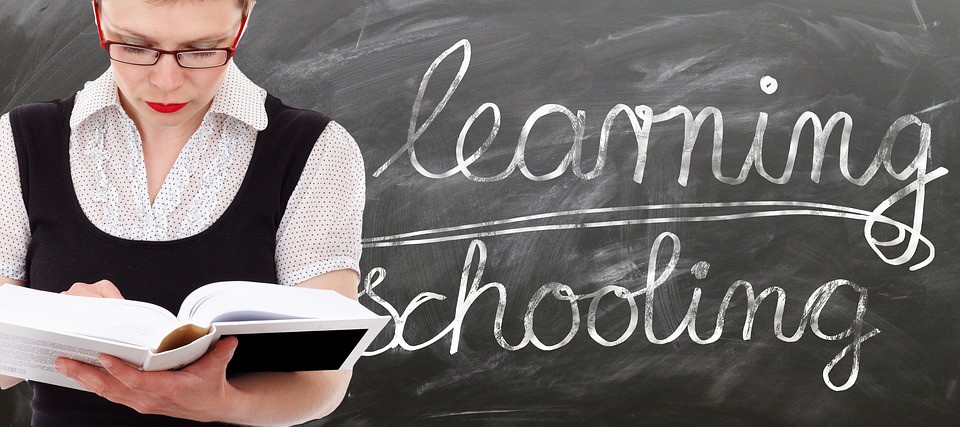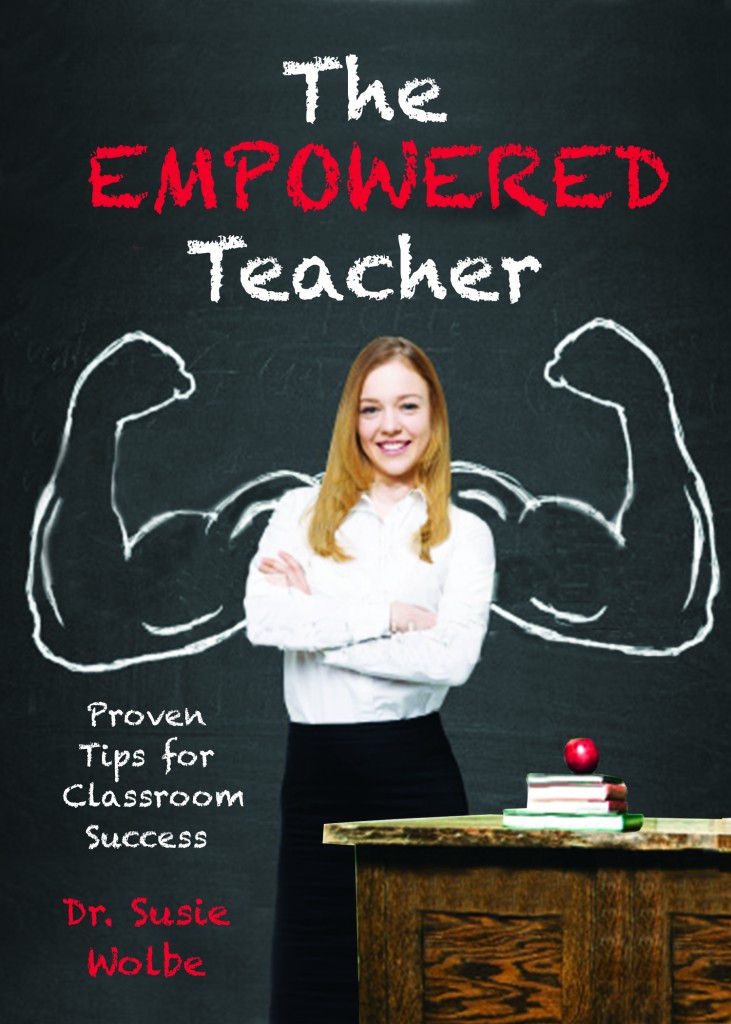 Schools across the country are nearing their “start” date. In preparation for the new school year, families should begin putting a few processes in place that will help the year kick off smoothly.
Schools across the country are nearing their “start” date. In preparation for the new school year, families should begin putting a few processes in place that will help the year kick off smoothly.
For families, this involves considering a home study area, extracurricular planning, and an open, honest discussion about the expectations for both students and parents. (Parents, take note that many of these same strategies and considerations can be helpful when used, in an adapted format, for the workplace.)
A home study area should be created for the students in the family. Questions to ask might include:
- Where will each person realistically complete his/her assignments? If they are going to be studying in their bedroom, then study areas will be created there. If they are going to be completing homework in a common area, then a container to hold all the study materials needs to be created so all materials can be moved out of the way when the study area turns back into a den or dining table.
- With the goal of never having to get up to look for anything when a student is working (brain research shows each interruption can add 20+ minutes to the time it takes to complete work, and lessens the quality of the finished product), what are the tools necessary to complete all assignments? This might include a variety of writing utensils and types of paper, index cards, tape/glue, math needs, and, should technology be a part of the study process, an agreement about not corresponding with friends or using social media while studying. If students study with their friends over the phone or computer, using tools such as Skype or Facetime, then discussions need to involve guidelines for that, as well.
- What will be happening in the study area while children are completing schoolwork? This is an issue that impacts the entire household. Families will need to determine guidelines regarding music, television, movies and phone calls that prove to be distracting when others are completing their work.
 Extracurricular activities are also important to discuss before everyone starts signing up for the different teams and lessons that take place after school or on the weekend. It is important that children are not over-scheduled; they need down time, study time and time to receive an adequate amount of sleep. Questions to ask when considering the different extracurriculars may include:
Extracurricular activities are also important to discuss before everyone starts signing up for the different teams and lessons that take place after school or on the weekend. It is important that children are not over-scheduled; they need down time, study time and time to receive an adequate amount of sleep. Questions to ask when considering the different extracurriculars may include:
- How will the family be impacted financially (fees, uniforms, team travel) as well as with schedules (carpools, overlapping commitments, enough time to accomplish other responsibilities)?
- Who wants the child to participate in a particular activity? Is it a parent, or the child? What is the reason for wanting to participate? Is it because the child has a real interest in the activity, or is it to meet a social concern?
Finally, a family may wish to establish a schedule of family meetings. Meeting together once every 2-3 weeks allows opportunities for everyone to check in with each other and voice support or concerns regarding different events. These meetings are also a time to have frank discussions about what each person expects or needs from the others during the coming school year: sharing home duties (vacuuming, taking out the trash, setting or clearing the table, laundry, cleaning rooms) or expectations for school. It could also be a time to express things like gratitude or appreciation for one another, and a time to talk about establishing a habit of self-care. Studies reveal that students who strengthen their social-emotional skills, and have some type of daily meditative practice, even taking a few minutes to unplug and just BE, develop a resilience to perform better in school, have improved relationships, experience a reduction in stress and anxiety, and are less emotionally reactive.
While nothing can guarantee a family a stress-free school year, following a specific, deliberate plan will increase the chances for greater success and happiness. And, remember, parents can use the same strategies whether working in the office or at home! And, I think we’ll all agree that these plans and strategies rank high on the list of major goals for us all.
Find a Home-Based Business to Start-Up >>> Hundreds of Business Listings.
















































